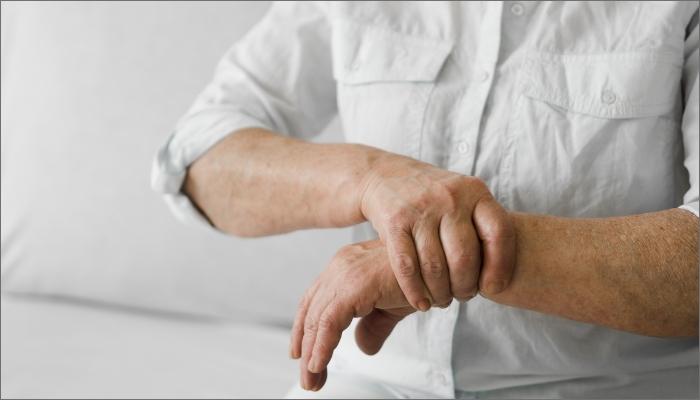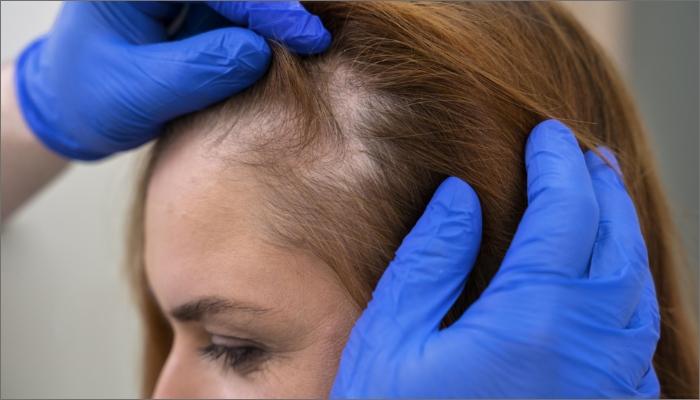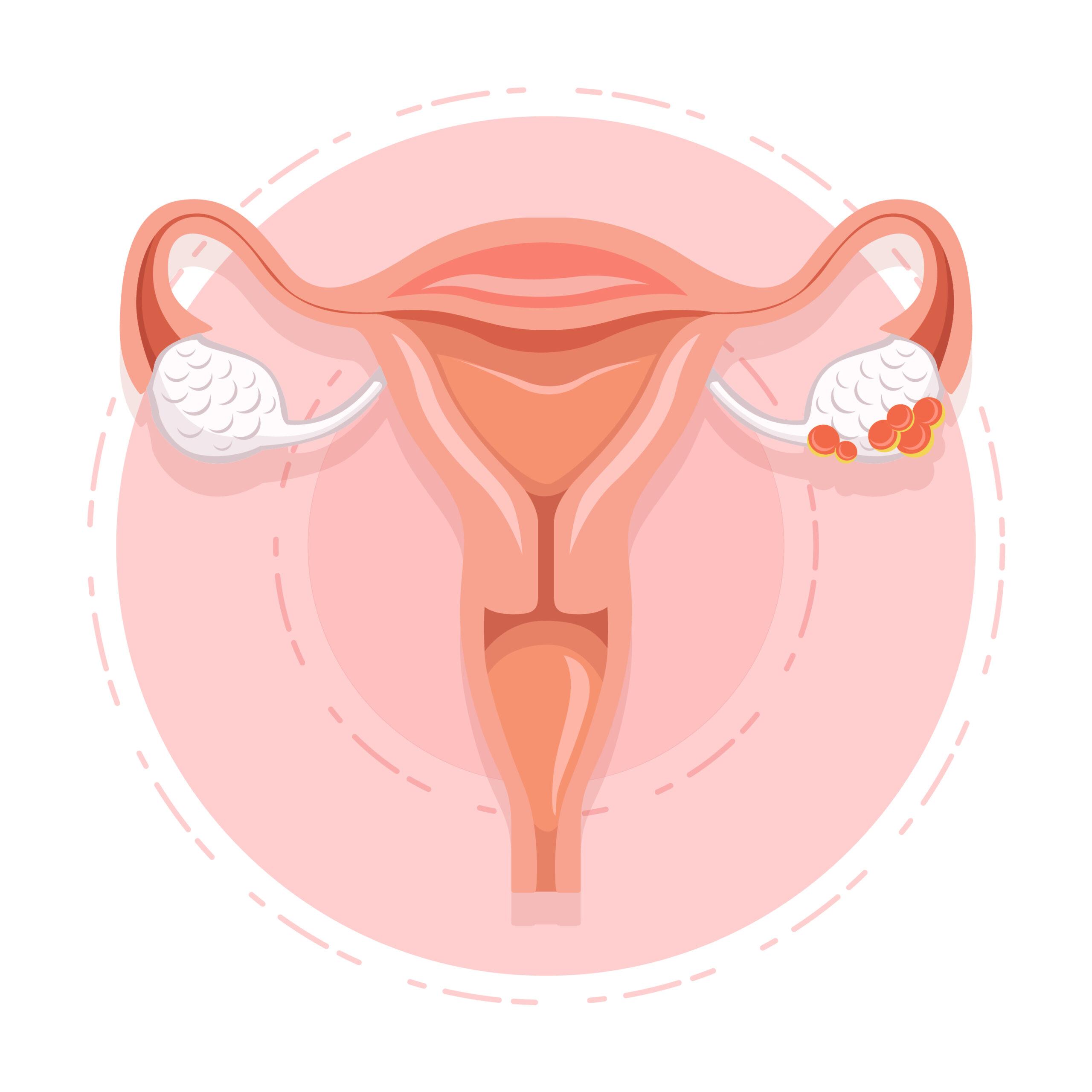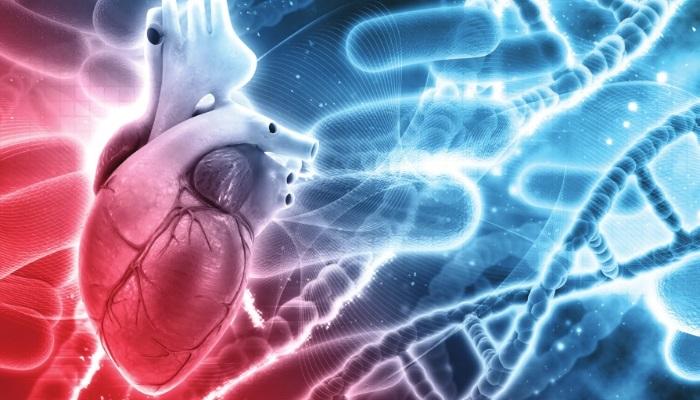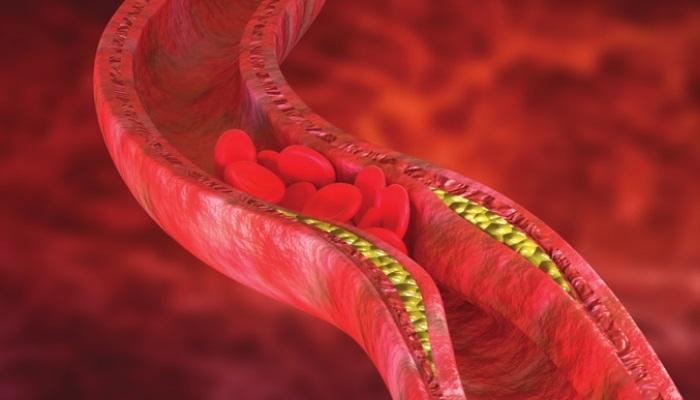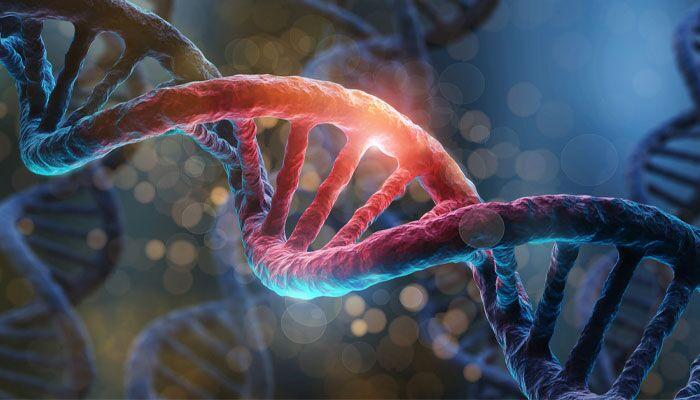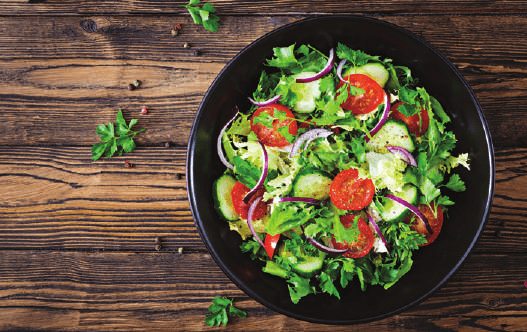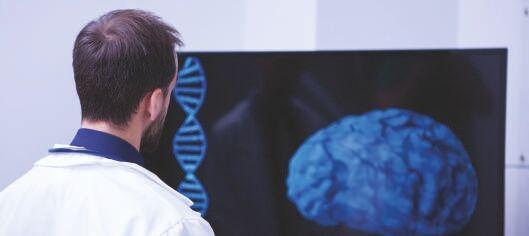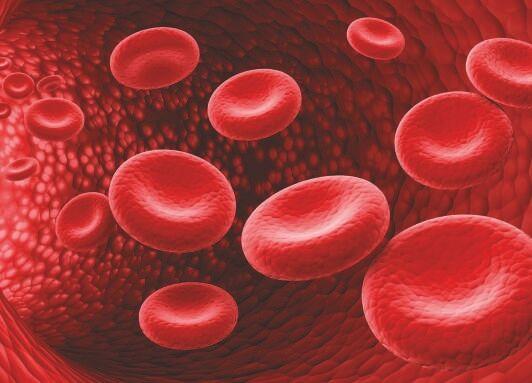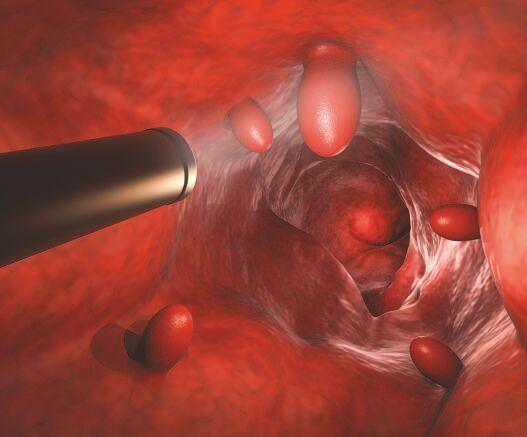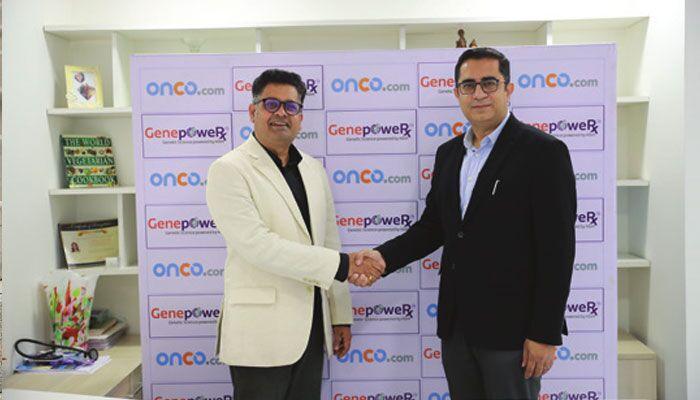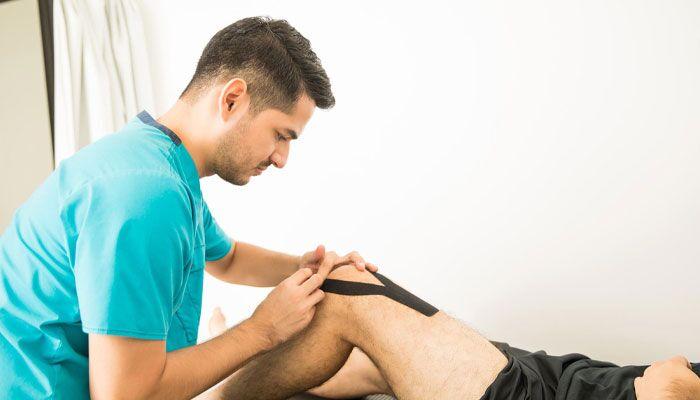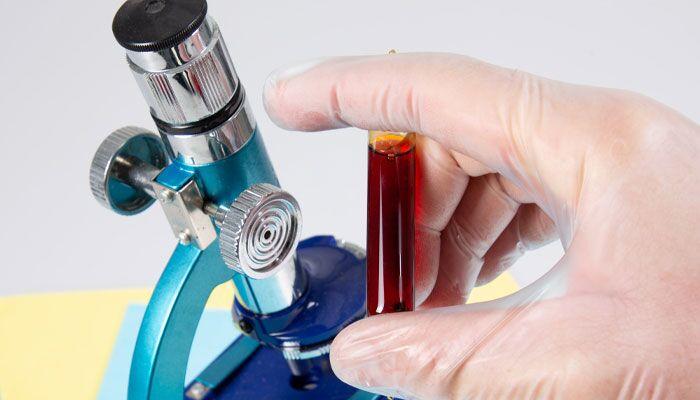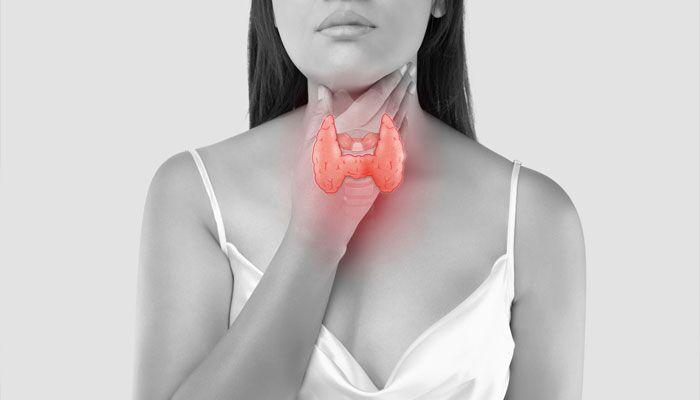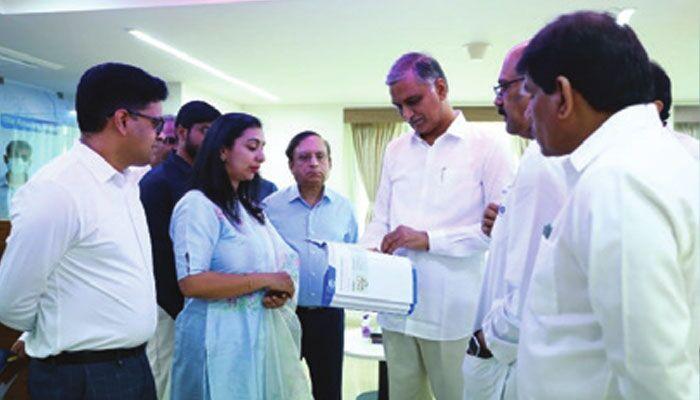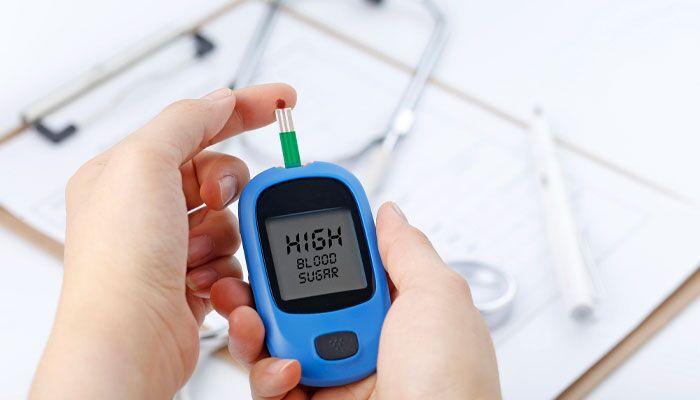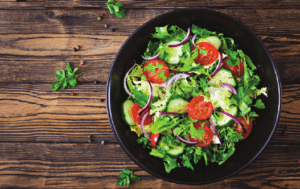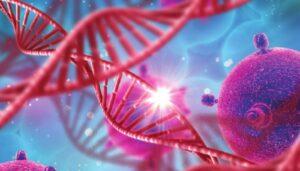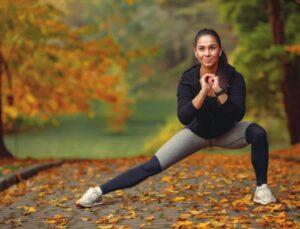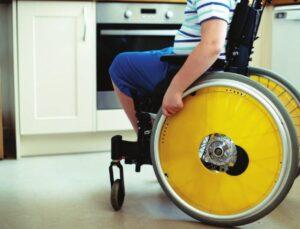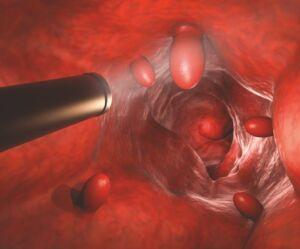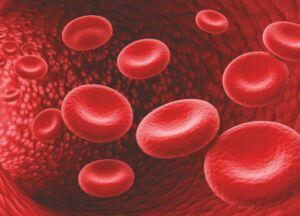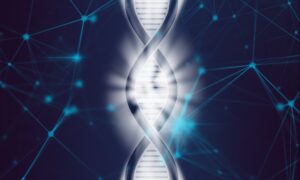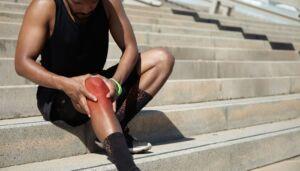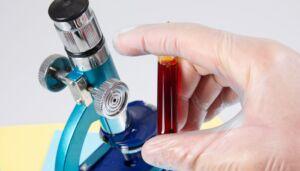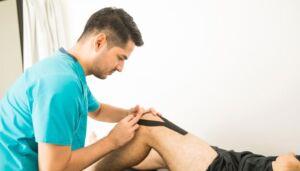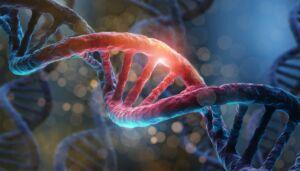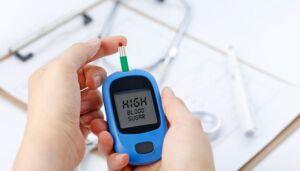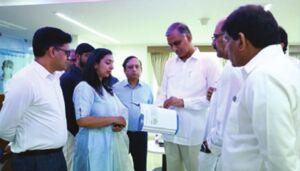
Do Genetic Variants Influence Effectiveness of Exercise?

Physique is quiet a noticeable trait. It has been observed that some people require a strenuous exercise regimen, diet, and so on to achieve a desired physique or body, whereas others achieve the same body with minimal effort. This is because genes play an important role in the exercise outcomes.
Studies have found that genes play a significant role in how our bodies respond to exercise and have identified a number of specific genes that influence the outcomes of different kinds of physical activity.
Genes that influence the effectiveness of exercise
When it comes to athletic and physical performance, genetics accounts for approximately 50-60% of the difference in the abilities. The remaining 40-50% is determined by environmental factors such as exercise, diet, and lifestyle habits such as sleep or factors like stress
One can take genetic test to understand the fitness regimen they should follow and the type of nutrition they should take to accelerate their fitness performance.
Some of the genes that influence effectiveness of exercise include the following:
- FTO gene: FTO stands for Fat Mass and Obesity-Associated Gene. It is also called “the fat gene”. All humans carry the FTO gene, and a slight variation makes people more vulnerable to becoming obese adults. Having this gene variant could induce food cravings and make one hungry quickly. Becoming hungry frequently can come in the way of exercise outcomes, as it compensates the calories burnt during exercise.
- ADRB2_2 gene: It stands for adrenaline signalling gene. Any variations in this gene are associated with obesity loss interventions. Men who have a specific genetic variation of ADRB2 2 are more likely to be overweight, have a higher BMI, and be fat. If an individual has it, they are more likely to struggle with obesity and struggle with weight loss plans.
- PPARG gene: It stands for peroxisome proliferator activated receptor gamma. This gene influences processing of fat and carbohydrate. Exercise is known to upregulate PPARγ-controlled genes to induce beneficial effects in skeletal muscle. This protein is a receptor that controls how fat is stored and glucose is broken down, determining your risk of obesity and diabetes as well as your response to saturated fats and power-based activities, indicating how easy/difficult it is for your body to lose fat and respond favourably to exercise.
- APOA2 gene: It stands for Apolipoprotein A-II. APOA2 influences fat metabolism, insulin sensitivity, and obesity. Certain genetic variations are linked to a stronger (more negative) response to a high-fat diet and an increased risk of developing obesity.
- MSTN gene: Myostatin gene is responsible for unusual muscle size and strength. Variations in this gene can result in negative response in muscle development, and influences resistance training and muscle mass and strength.
- IL15RA gene: It stands for interleukin 15 receptor, alpha subunit. It is related to muscle breakdown prevention and how quickly muscle size can increase. Some people have genes associated with increased strength but decreased muscle size in response to resistance training, while others have genes associated with increased muscle size and hypertrophy but only minor gains in strength in response to resistance training.
There are many other genes that are responsible for fat burning, endurance, fast running (speed), muscle contraction, recovery, low oxygen levels, etc. that influence the effectiveness of exercise in an individual. A genetic test will definitely be essential and helpful in determining the exercise outcomes and results, which can help design the fitness goals that one can achieve.
- Lack of awareness
- “Family First” attitude
- Reluctance to visit a doctor
References
- Fitness program: 5 steps to get started. Mayo Clinic. https://www.mayoclinic.org/healthy-lifestyle/fitness/in-depth/fitness/art-20048269 (Accessed on 29-11-2022)
- Is athletic performance determined by genetics? MedlinePlus. https://medlineplus.gov/genetics/understanding/traits/athleticperformance/ (Accessed on 29-11-2022)
- Is there something holding back your health, wellness, fitness or recovery? Fitness Genome. https://fitnessgenome.net/ (Accessed on 29-11-2022)
- DNA Testing for Fitness Genomics And Diet. InstaFitness.
https://instafitness.in/dna-testing-fitness-genomics/ (Accessed on 29-11-2022) - Unlock the hidden potential in your genes to make success real. Fitness Genome. GeneSupport. https://genesupport.in/sports-exercise-genomics (Accessed on 29-11-2022)
- Henry C. Chung, Don R. Keiller, Justin D. Roberts, Dan A. Gordon. Do exercise-associated genes explain phenotypic variance in the three components of fitness? a systematic review & meta-analysis. PLOS ONE, 2021; 16 (10): e0249501 (Accessed on 29-11-2022)




